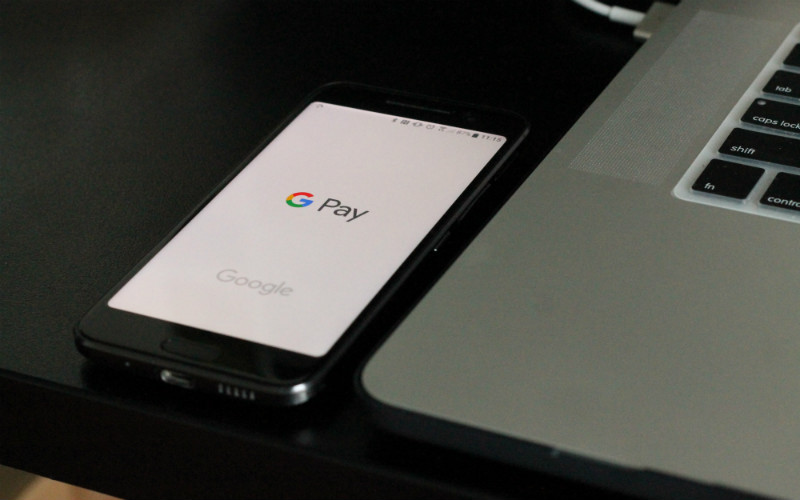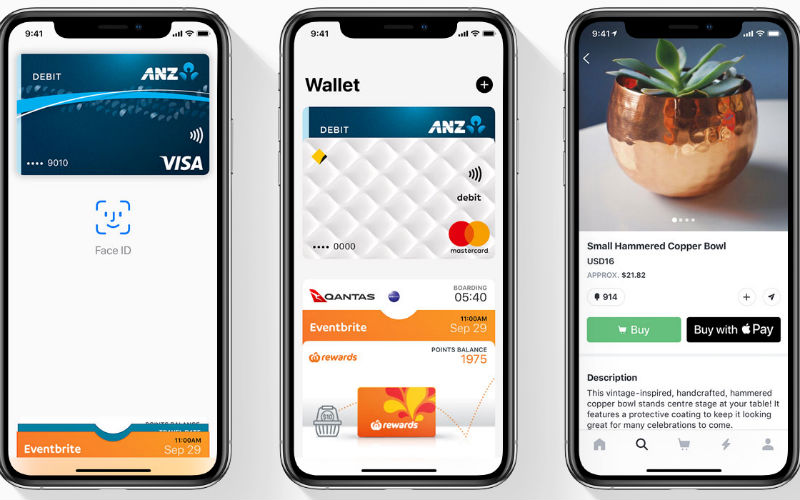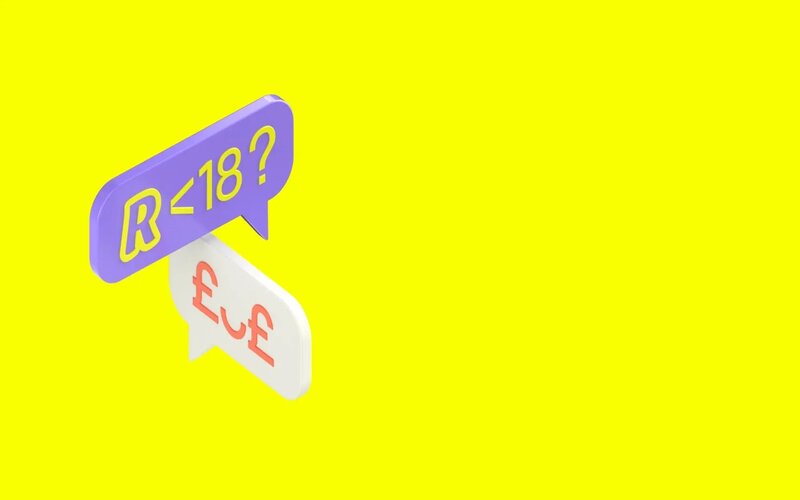Over the past few years, savings rates have stagnated, and reached a nadir as the RBA held the cash rate at historic lows below 1.00% for nearly three years.
To put this into perspective, from October 2021 to April 2022, bonus savings savings accounts were offering record-low rates of 0.25% p.a. forcing savers to look for alternative means to earn sufficient returns on their spare cash.
Since the RBA has responded to rising inflation and cost of living pressures, consecutive cash rate increases since May have placed a spotlight back on savings accounts, with some banks now offering rates not seen since 2013.
Based on Savings.com.au’s market research, there are more than 10 banks offering savings accounts with a rate of 4% or higher.
Base, bonus, and intro rates explained
Total interest rates of 4.00% p.a. or greater are usually delivered as a combination of a base rate, plus an intro rate or bonus rate once certain conditions are met.
A base interest rate is the default interest rate on your savings account that you earn without having to meet specified conditions. This rate typically ranges from 0.05% to 0.55% however will vary across banks.
A bonus interest rate is an additional interest rate savers can benefit from on top of the base rate. Typically these are offered as a ‘conditional’ rate, requiring certain steps to be completed each month. This means you may be required to meet conditions such as the amount deposited, number of withdrawals or number of transactions made.
An introductory rate, also known as honeymoon or welcome rate, is an interest rate that applies for a limited number of months after the account is opened - usually three or four months. After the time has lapsed, the account will revert to a base rate.
Unlike term deposits, base, bonus and introductory interest rates offered by banks on savings accounts are variable, meaning they can change at a moment's notice - however are most likely to change in line with the RBA cash rate.
It’s important to remember that any interest earned - whether it be through a base rate, bonus rate or intro rate - is required to be taxed, meaning you will have to declare interest when completing your tax return. This interest is taxed at your marginal income tax rate.
How to get savings account rates over 4.00% p.a.
Below are some popular banks with savings account rates over the 4% p.a. mark and the deposit conditions on how to get there.
Bank of Queensland
-
Available for those aged 14-35; Max balance $50,000; Deposit minimum $1,000 per month and make five completed card transactions per month.
ING
-
Max balance $100,000; Deposit minimum $1,000 per month and make five completed card transactions per month.
Rabobank
-
Four month introductory rate, reverting back to 3.00% p.a. after this period; Max balance $250,000.
Macquarie Bank
-
Four month introductory rate, reverting back to 3.45% p.a. after this period; Max balance $250,000.
Virgin Money
-
Max balance $250,000; Deposit minimum $2,000 per month and make five settled card transactions per month.
St George, Bank of Melbourne & BankSA
-
Grow account by $50 per month; Ensure balance does not fall below $0.
Westpac
-
Available for those aged 18-29; Max balance $30,000; Make five settled card transactions per month; Keep balance higher at the end of each month than the beginning.
Move Bank
-
Max balance $25,000; Deposit $200 per month and make no withdrawals.
ubank
- Deposit $200 per month (excluding internal transfers) into Spend or Save accounts.
First published on December 2022
Image by Maitree Rimthong via Pexels



 Denise Raward
Denise Raward
 William Jolly
William Jolly













